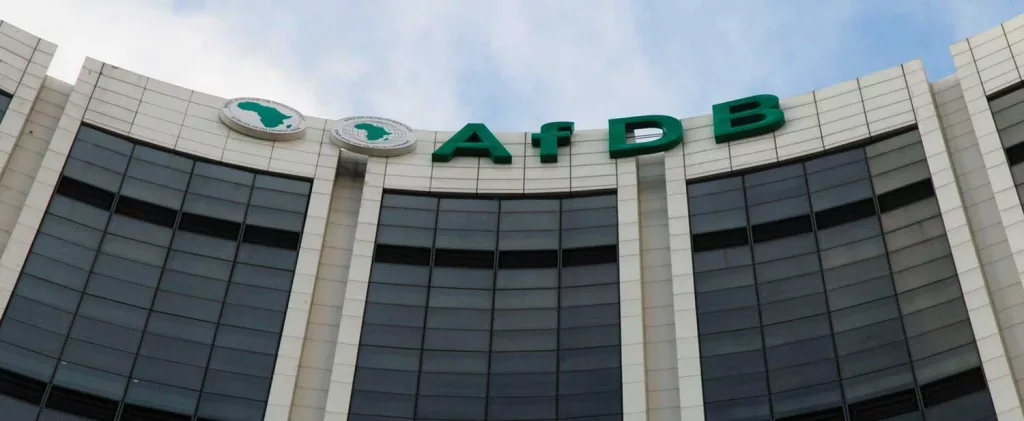The Federal Government has secured a N65 billion loan from the African Development Bank (AfDB), to aid agricultural productivity for staple food crops production. The acting Permanent Secretary in the Federal Ministry of Agriculture and Food Security, Mrs. Oluwatoyin Alade, said the meeting was to evaluate the progress of the 2023/2024 dry season wheat production in 15 states and to strategically plan for the upcoming second phase focusing on rice, maize and cassava.
Under the Policy Base Operations (PBO) initiative, funded by the African Emergency Food Production Facility (AEFPF), the exercise is poised to roll out across all states and the Federal Capital Territory over the next two years. Alade said the National Agricultural Growth Scheme (NAGS) has a strategic goal of enhancing food production and stabilising agricultural commodity prices while providing crucial farm inputs to small-scale farmers and extending institutional support for long-term sustainability. The ministry made a firm commitment to correct any shortcomings and ensure the programme’s integrity while emphasis was laid on the imperative adherence to guidelines and principles in supply chain activities and the use of reliable technology systems to promote transparency and accountability.
In a related development, dry season farmers in Taraba State have made a significant shift towards utilising solar and gas-powered water pumping engines as an alternative to traditional diesel and petrol engines. This transition is attributed to the lower cost of operating solar and gas-powered engines compared to their diesel and petrol counterparts. FarmingFarmersFarms gathered that dry season farming had started fully within the irrigation fields of Gassol and Karim-Lamido areas. Some dry season farmers have observed that the successful utilisation of solar water pumping engines at the Shika irrigation field and the escalating expenses associated with petrol that often resulted in an overwhelming cost burden for dry season farming.
Due to the soaring prices of fuel, the shift towards solar and gas-powered water pumping engines has significantly curbed the expenses incurred in fueling engines, thereby reducing the overall cost of watering farms. The surging demand for the conversion of petrol-powered water pumping engines to gas systems has resulted in a substantial uptick in clientele for mechanics specialising in these conversions. the new system. However, concerns have been raised regarding the distribution of solar water pumping engines provided by the Federal Ministry of Agriculture and Food Security with indications that some engines did not reach the intended dry season farmers due to misallocation in addition to security challenges that were fingered by farmers in the Gassol irrigation field, which makes a case for comprehensive measures to safeguard lives and property.


